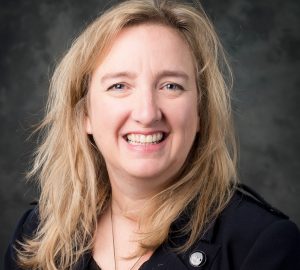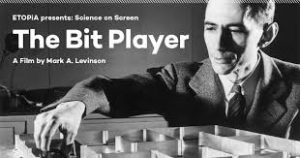
The College of Computing (CC) will present a Friday Seminar Talk on November 15, at 3:00 p.m. in Rekhi 214. Featured this week is Weihua Zhou, assistant professor of Health Informatics and member of the ICC’s Center for Data Sciences. He will present his research titled: “Information retrieval and knowledge discovery from cardiovascular images to improve the treatment of heart failure.” Refreshments will be served.
Abstract: More than 5 million Americans live with heart failure, and the annual new incidence is about 670,000. Once diagnosed, around 50% of patients with heart failure will die within 5 years. Cardiac resynchronization therapy (CRT) is a standard treatment for heart failure. However, based on the current guidelines, 30-40% of patients who have CRT do not benefit from CRT. One of Zhou’s research projects is to improve CRT favorable response by information retrieval and knowledge discovery from clinical records and cardiovascular images. By applying statistical analysis, machine learning, and computer vision to his unique CRT patient database, Zhou has made a number of innovations to select appropriate patients and navigate the real-time surgery. His CRT software toolkit is being validated by 17 hospitals in a large prospective clinical trial.



